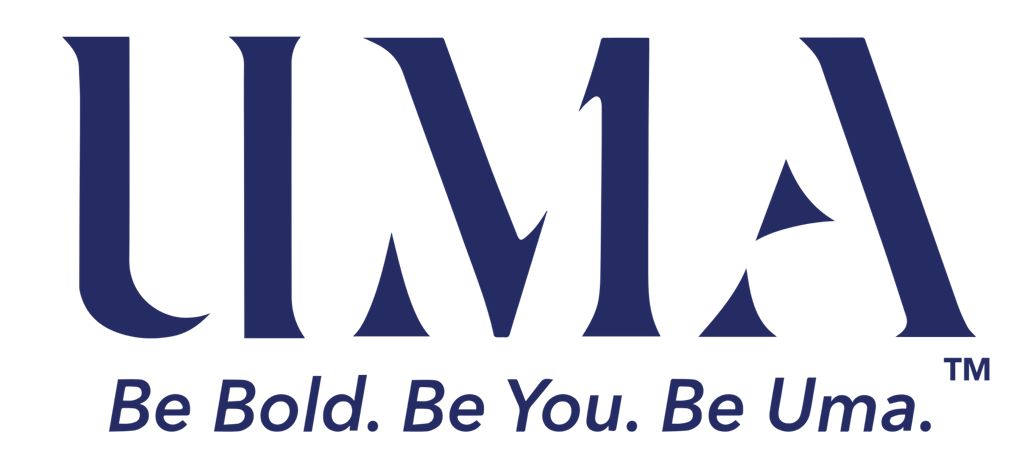What an amazing and rewarding time we had at our April Stay-at-Home vs. Working Parent Discussion Group … the first of our ongoing New York-based monthly events furthering the Uma philosophy and ourgoal of bringing talented women back to the workforce on their own terms.
I could feel the energy in the room and learned from so many of you firsthand, that you were inspired…perhaps, even relieved…to share your stories. Like me, you were fascinated to learn that no matter our chosen path—staying-at-home or working—the common perception was consistently that the grass is greener on the other side.
We also came away understanding there is no right or wrong choice relative to our journey, nor is there a current solution to the cultural and societal issues surrounding motherhood.
Quite frankly, the discussion echoed the views expressed by Ann Marie Slaughter in her highly-publicized 2012 article in The Atlantic. According to Ms. Slaughter, any steps that have been put in place to solve these problems from abbreviated, disability-labeled maternity leave to empty flex policies in many companies are little more than half-baked solutions to cultural, societal and policy issues of enormous proportion.
One of the overriding objectives of these sessions is to allow parents to share their views in an open and safe forum. A farther-reaching goal: to empower us to help create changes which will alter existing beliefs and transform the current structures and enable women to experience fulfillment in their home lives and achievement in their careers.
In our parental get-together, we asked women to explore each of three exaggerated roles women assume in our society:
- Mary Poppins – This mom stays home by choice unfettered by financial pressures requiring a return to work
- Wonder Woman – She has flexible hours or works part time during her kids’ school or daycare hours
- Devil Wears Prada – This high-powered workaholic checked her emails while giving birth; she works full time and relies on nannies and housekeepers to keep things on point at home
We put ourselves in the shoes of these representative role types and discovered that real life falls far short of perception and expectation.
One working mom Bre Tutuska commented, “I wish I had a more flexible arrangement where I could raise my kids without compromising my career.”
Then, too, we have to think ahead. Ellen Goodman, Founder of Raising New York, suggested that there is also the consideration that what can be done with one child, may not be possible with two or three children which forces us to reevaluate our decisions as our families grow.
One of our greatest discoveries was that everyone, even “Prada” moms, wants better maternity leave policies, greatly improved return-to-work arrangements and freedom from the risk of job loss for taking a timeout.
This endpoint paves the way for our upcoming May 11 session. We’ll discuss parental leave and its impact on your work-life decisions. As with our April session, we expect this to be a lively discussion and a room that’s filled with mutual support.
Currently, these events are New York-based. Still, we welcome your ideas for session topics—even better, requests to hold these sessions in your locale.
United, we can change the current conditions and evolve the world into a better place for our children…perhaps even for ourselves.
In the meantime, here are some informative resources for you:
- Anne-Marie Slaughter, who wrote Why Women Still Can’t Have It All, speaks candidly about her experiences as a working mom in this video interview with The Atlantic’s Hanna Rosen.
- This important read from Suzanne Venker is a real eye-opener: 7 Myths of Working Mothers: Why Children and Most Careers Just Don’t Mix
- Tiffany Dufu shares her own experiences about balancing motherhood with a career in her Drop the Ball book and blog.
- Jennifer Senior’s All Joy and No Fun is another illuminating read. Her Ted Talk is worth a listen, too.
- In this New Republic Q & A, economist Betsey Stevenson explains the economics of policies geared toward working moms and two-income families.
- The Two-Income Trap: Why Middle-Class Parents Are (Still) Going Broke takes another economic look at working families. While the book, written by Senator Elizabeth Warren and her daughter, Amelia Warren Tyagi, gives a good review of policies that influence the decisions we are discussing.
- In Midlife Crisis at 30, Kerry Rubin and Lia Macko offer hope and pragmatic strategies to today’s young women, many who are struggling with the unrealistic expectations society and the media have placed upon them.

